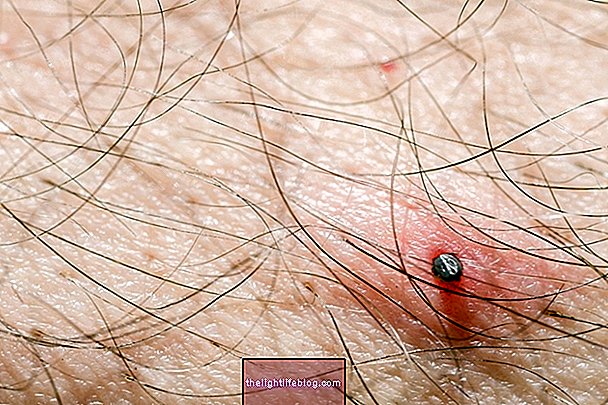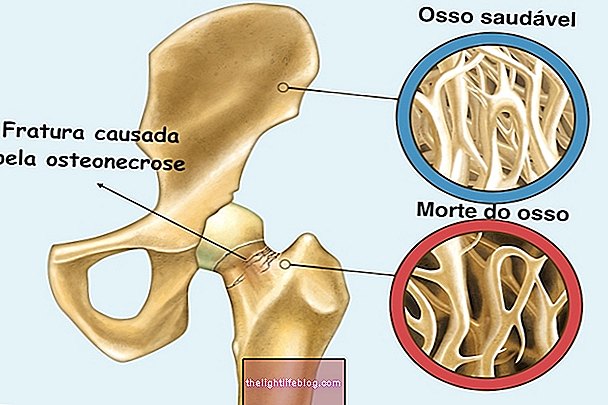Reye's syndrome is a rare and serious, often fatal, disease that causes inflammation of the brain and rapid accumulation of fat in the liver. Usually, the disease manifests itself as nausea, vomiting, confusion or delirium.
The causes of Reye's Syndrome are related to certain viruses, such as influenza virus or chicken pox, and the use of aspirin or salicylate-derived medicines to treat fever in children with these infections. Excessive use of acetaminophen may also trigger the onset of Reye's Syndrome.
Reye syndrome mainly affects children aged 4 to 12 years and is more common in winter, where the number of viral diseases increases. Adults may also have Reye's Syndrome and the risk increases if there are cases of this disease in the family.
Reye's syndrome has a cure if diagnosed early and its treatment consists in reducing the symptoms of the disease and controlling the inflammation of the brain and liver.
Symptoms of Reye's Syndrome
The symptoms of Reye's Syndrome can be:
- Headache;
- Vomiting;
- Somnolence;
- Irritability;
- Change of personality;
- Disorientation;
- Delirium;
- Double vision;
- Convulsions;
- Hepatic failure.
The diagnosis of Reyes Syndrome is made through the analysis of the symptoms presented by the child, biopsy to the liver or lumbar puncture. Reyes Syndrome can be confused with encephalitis, meningitis, poisoning or liver failure.
Treatment of Reyes Syndrome
The treatment of Reyes Syndrome is to control the functions of the heart, lungs, liver and brain of children, as well as immediate suspension of the consumption of aspirin or medicines related to acetylsalicylic acid.
Fluids with electrolytes and glucose should be administered intravenously to maintain balance in the body's functioning and vitamin K to prevent bleeding. Some remedies, such as mannitol, corticosteroids, or glycerol are also indicated to reduce pressure within the brain.
Reye's syndrome recovery depends on the inflammation of the brain, but when diagnosed early, patients can fully recover from the disease. In more severe cases, individuals may have injuries for the rest of their lives or even die.






.jpg)













